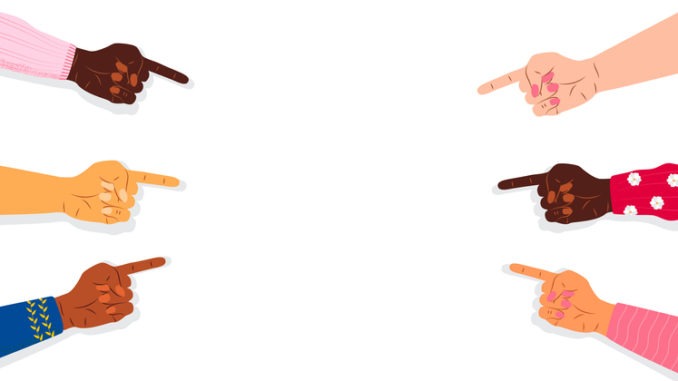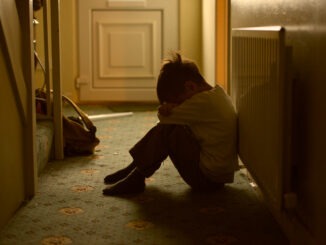
Everyone’s Invited has sparked a conversation about sexual abuse in schools – but the blame shouldn’t be entirely placed on schools, says Gaby Hinsliff
CREDIT: This is an edited version of an article that originally appeared on The Guardian
‘When I was 16, a boy at a party led me to a shady corner of the garden.” “We were all sleeping in tents at my mate’s party.” “I had a boyfriend, at first everything was perfect.”
How many parents will have read the plaintive first lines of the stories on Everyone’s Invited – a new website allowing schoolgirls to anonymously tell their stories of sexual violence – not just with horror, but also with a sinking feeling of recognition? If it didn’t happen to you, growing up what feels like a lifetime ago, then it probably happened to someone you knew.
Since the site asks girls to name the alleged perpetrator’s school rather than the actual perpetrator, the pressure has, initially, been on schools to respond to this teenage #MeToo moment.
Education secretary Gavin Williamson has asked Ofsted to review safeguarding practices although, if that was enough to solve the problem, there would be precious little left to solve. Ofsted has been routinely inspecting schools’ safeguarding practices for years, yet a recent Girlguiding survey found six-in-10 girls and women reported suffering sexual violence or sexual harassment in the past year at secondary school or college, ranging from having their skirts pulled up, or unsolicited sexual images being sent to their ‘phones, to unwanted sexual touching.
While some schools are clearly not the safe places they should be, the worst of it often happens in places over which headteachers have no power, but for which they’re now increasingly expected to assume responsibility – house parties and sleepovers, or on WhatsApp groups where boys betray their girlfriends’ trust by sharing explicit pictures that were meant to be private.
Schools obviously have obligations to keep their pupils safe, to teach consent and respect, and deal with any fallout coming through their doors, but dumping all responsibility for a society-wide problem on headteachers is, frankly, a cop-out – as is assuming that, just because the initial posts on Everyone’s Invited involved private schools, the problem is somehow confined to a handful of entitled posh boys. As the website’s founder, Soma Sara, points out, doing so “risks making these cases seem like they’re rare or anomalies, or that these patterns of abuse can only happen in certain places” when the statistics show they happen everywhere and all the time.
We need help
Ultimately, it’s parents who raise boys and, in a porn-saturated culture that makes a mockery of efforts to instil heathy attitudes to sex, frankly we need more help than we’re getting. We know we need to talk to our sons, but we struggle to find the words. If it was awkward enough having the ‘stranger danger’ conversation when they were tiny, the mental gymnastics involved in seeing your own child simultaneously as vulnerable – as teenage boys invariably still are, beneath the bravado – and potentially a threat if he doesn’t learn to respect girls’ boundaries, is in a different league.
No wonder some parents grow defensive, arguing that their sons shouldn’t be demonised for the behaviour of a few. Yet there are ways of grasping the nettle without making boys feel ashamed of being boys, and one is to raise them not to be bystanders, or reluctant enablers of things they instinctively already know to be wrong.
For every boy sending some poor girl’s nudes to half the school, there will be dozens more receiving them. For every predator at a crowded party there are other teenagers milling around, either oblivious or unsure what to do when they see a girl being led upstairs in no fit state to know what’s happening and, poignantly, scattered among the thousands of girls posting on Everyone’s Invited are boys writing anonymously about how they don’t want to be part of toxic rituals any more – bets on who can sleep with the ‘ugliest’ girl, say – but don’t know how to object without becoming social pariahs.
So fathers, in particular, should talk to their sons – not just about consent, but about the times they’ve stepped in and looked out for the women in their lives – about peer pressure and doing the right thing; mothers, too, can find age-appropriate ways of talking about the times a male friend stood up for them.
Just as some men were shocked by what women revealed after Sarah Everard’s death, so will some boys have been forced over the past week to see teenage girls in a different light. It’s up to parents, not just schools, to take that moment and use it.




Be the first to comment